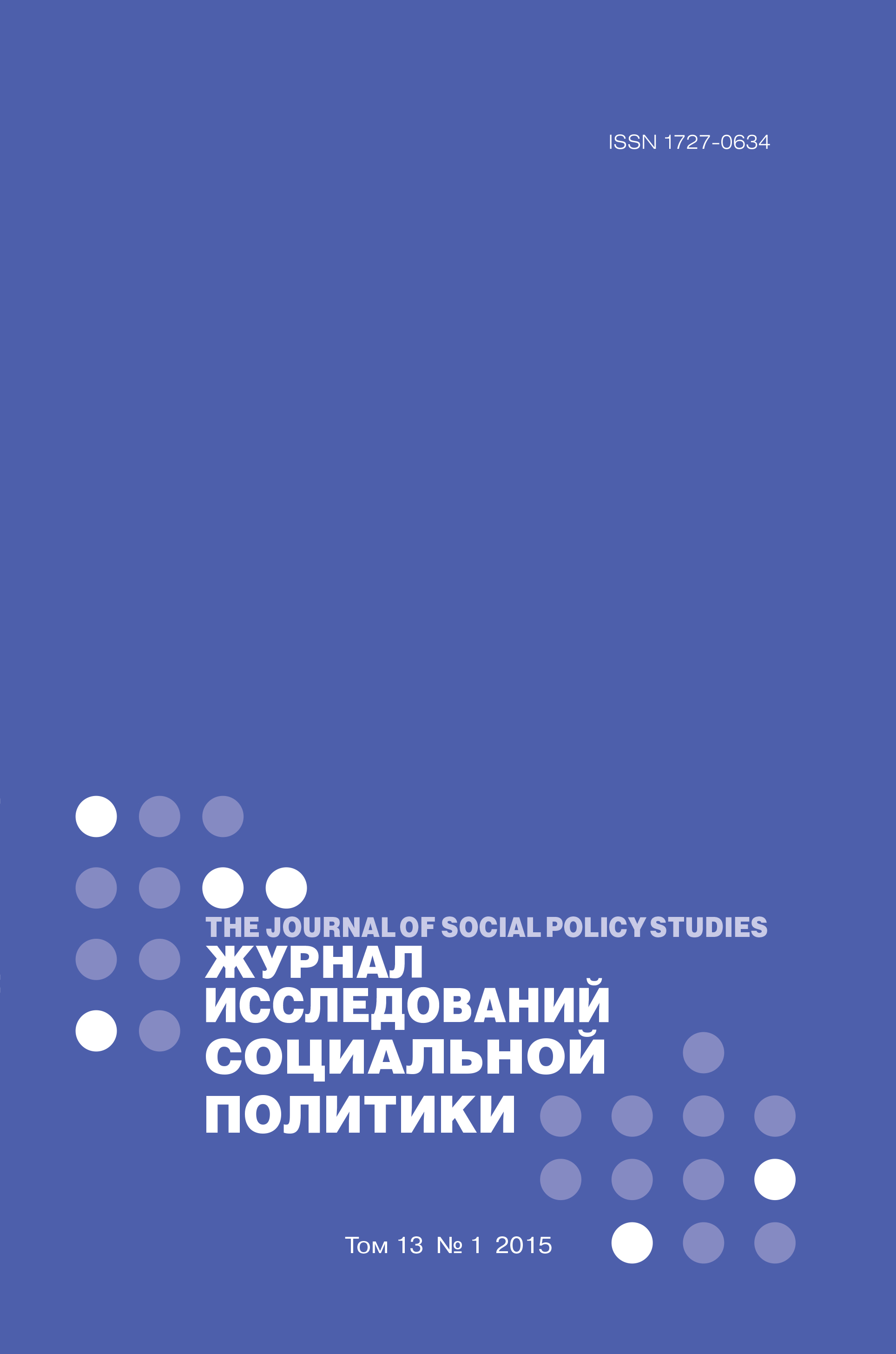The Ideology of Extended Motherhood: How Migrant Mothers Care for Their Children in Rural Buryatia
Keywords:
motherhood, care, rural-to-urban migration
Abstract
The article examines the experience of rural migrants in Buryatia and their efforts to manage the dual burdens of motherhood and work. Analysis of statistical information reveals there have been significant changes in the contours of rural-to-urban migration over the last twenty years. Given the bankruptcy of the collective farm system over the years from 1990 to 2000, much of rural Buryatia faces very high rates of unemployment and, as a result, poverty. The surplus of people at working age in the countryside has led many to seek employment and subsidence in the capital of the republic, Ulan-Ude. Women are at the heart of these movements, making up both half of all rural migrants and 70% of unemployed people in Buryatia. In the Soviet period, rural migrants found it easier to gain employment quickly in the city and rely on numerous and generous social programs available in municipal residential facilities and child care centers. This helped women to cope and find some balance between motherhood and work. From 1991 onwards they have had to cope with problems such as housing, childcare assistance and medical care with no help from the state or the organization that employs them. Drawing on existing Russian and international research on the transnational migration of women the following hypothesis can be formulated: women-migrants develop special practices of distance mothering with children that stayed behind in the village. This study was based on the analysis of 65 interviews that were conducted in several rural regions of Buryatia. The results of this research supports the hypothesis of distance mothering but it also provides a fresh picture of what is going on in Russia’s national republics. Buryat families stand out by their traditional practices and the concept of extended motherhood. Both the rural-urban as well as the transnational migration flows of women have an effect on the practices of mothering. Mothers try to support relationships with their children at a distance with the help of everyday telephone calls. In Buryatia, however, distance mothering is very rarely stigmatized as such a practice conforms to the concept of extended motherhood traditional found in Buryat families. Within this practice, it is entirely acceptable and legitimate for rural migrant mothers to delegate care of their children to older woman connected to them through the extended family and kinship.Downloads
Download data is not yet available.
Published
2015-03-25
How to Cite
ГалиндабаеваВ. В. (2015). The Ideology of Extended Motherhood: How Migrant Mothers Care for Their Children in Rural Buryatia. The Journal of Social Policy Studies, 13(1), 7-20. Retrieved from https://jsps.hse.ru/article/view/3344
Section
ARTICLES IN RUSSIAN















